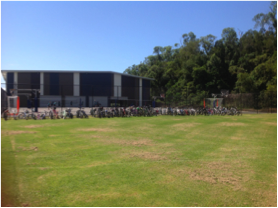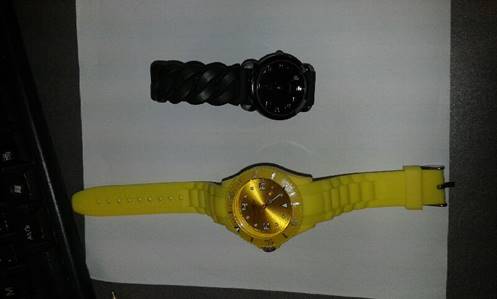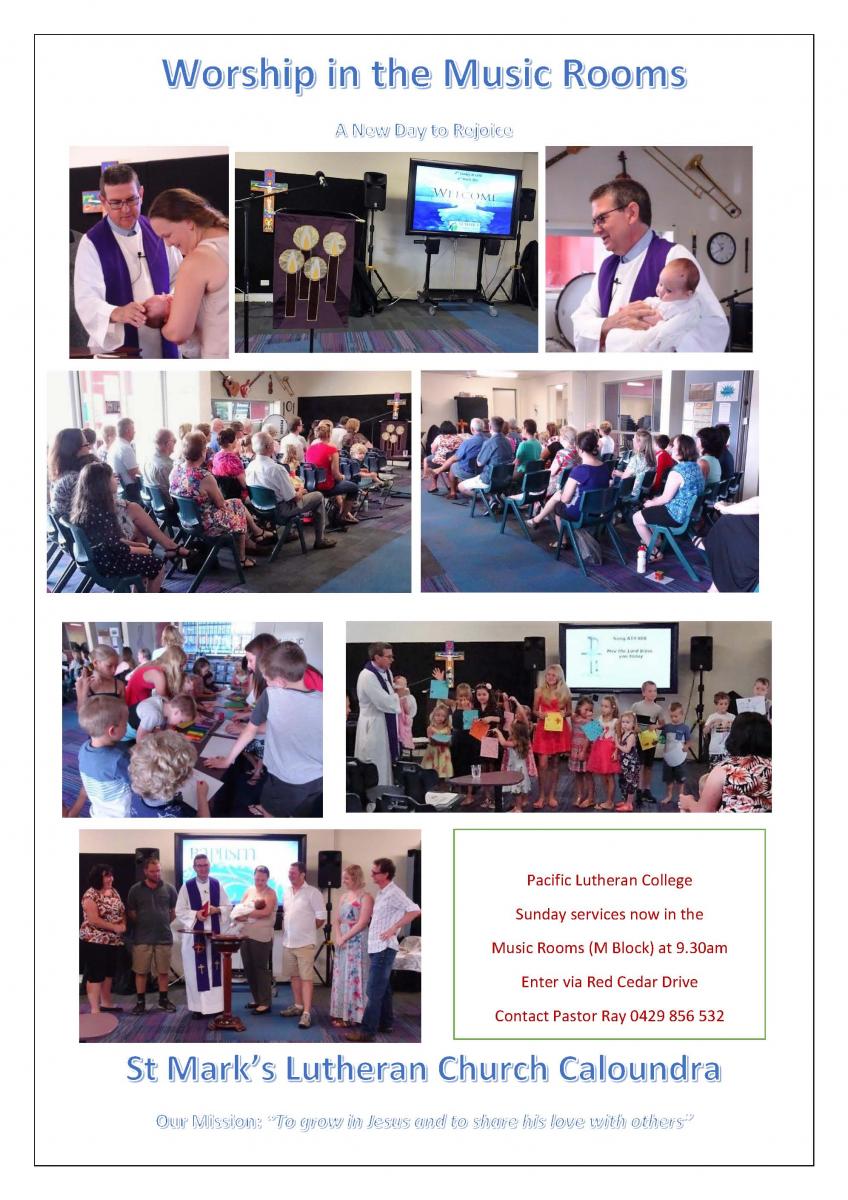Next Friday 18th March is the National Day of Action Against Bullying and Violence. Students will be participating in a variety of activities to reinforce this important message.
Pacific Lutheran College aims to create a safe and supportive school community for students. As parents, you are an important part of our work in preventing bullying behaviour that can occur between students.
According to The Safe And Supportive School Communities (SSSC) Working Group (http://www.bullyingnoway.gov.au/national-day/), it is not always easy to identify what bullying actually is. The SSSC describes bullying as an ongoing misuse of power involving patterns of harmful verbal, physical or social behaviour. However, not all aggressive or harmful behaviour between people is classified as bullying. While conflicts and aggressive behaviour need to be addressed, it is important to be clear when these behaviours are not actually bullying.
The definition of bullying has three critical aspects – a repeated pattern, the misuse of power within relationships and behaviour that causes harm. All three aspects need to be present in order for behaviour to be called bullying.
What can parents do if their child tells them they think someone is bullying them?
- Listen carefully to what your child wants to say.
- Ask your child what they want to do and also what they want you to do.
- Discuss with your child some sensible strategies to handle the problem – starting a fight is not sensible.
- Contact the College.
At Pacific, conflict resolution is based on a restorative approach that develops resilience in students and instills a culture of respect where students support each other.
The Restorative Approach begins by addressing:
- What happened?
- Who’s been harmed?
- What needs to happen to repair some of that harm?
Through a restorative approach, conflict or wrongdoing is viewed as causing harm to people and relationships and there is an obligation to repair this harm in order to move forward. It is a way of educating students towards self-regulated right behaviour that is respectful of all concerned. In particular, it puts the onus back on the wrongdoer to be truly accountable for their behaviour and to repair any harm caused to others.
It also ensures that those who have been most affected by the wrongdoing have the opportunity to be involved in working out what has to happen in order to move forward.
As a footnote, research now clearly articulates that short-term ‘solutions’ alone, like punishing students, do not improve the relationships and social factors that allowed the bullying to happen. Although the bullying may stop in the short-term, unless these factors are addressed, it is very likely to reoccur or become covert (hidden).
Prep – Year 5 students undertake the You Can Do It Program, which teaches children a number of skills to be successful and happy and develops emotional resilience. That is, knowing how to stay calm and being able to stop yourself from getting angry, down or worried when something ‘bad’ happens. It also means being able to control your behaviour when you are very upset so that you rebound from difficulty and return to work or play.
The Restorative Approach and You Can Do It program both encourage students to be proactive bystanders when witnessing issues between students. Eminent child psychologist Dr Carr-Gregg, suggests “bullies are buoyed by the support they get from bystanders, so victims and witnesses should be encouraged to stand up to the aggressors by telling the bully to stop or if they feel uneasy doing this to simply walk away and tell a teacher about what is happening”. Through the use of practical tools such as ‘high five’ (speak friendly, speak firmly, ignore, walk away, tell the teacher), students are reminded of their role if they witness problems between students. The involvement of bystanders in restorative conferences and circles also promotes a deep understanding of how negative behaviours can have a flow on affect.
Mr David Druery, Head of Staff and Students P-5




